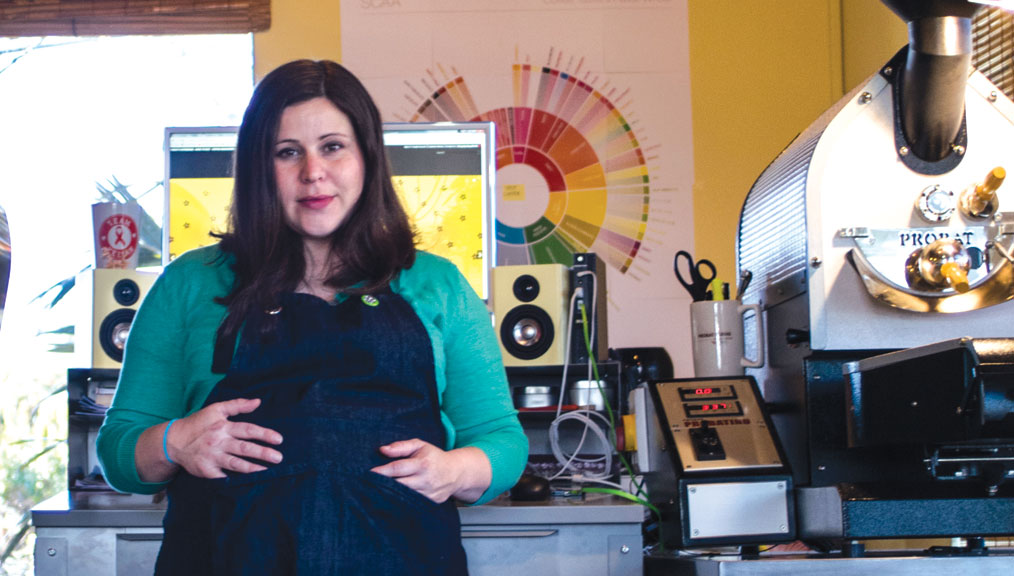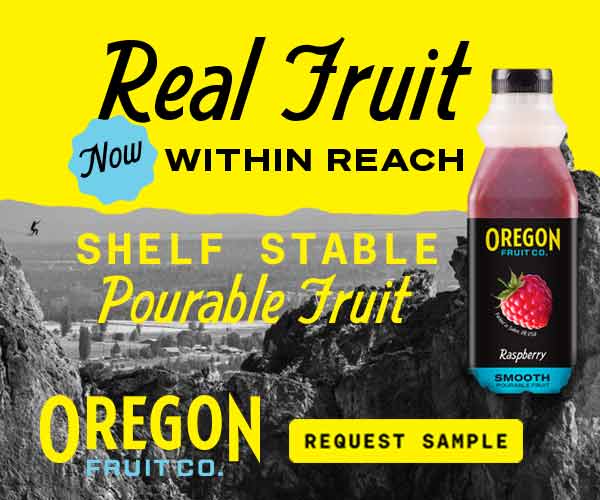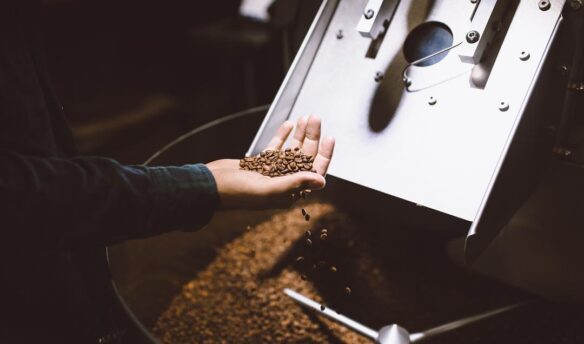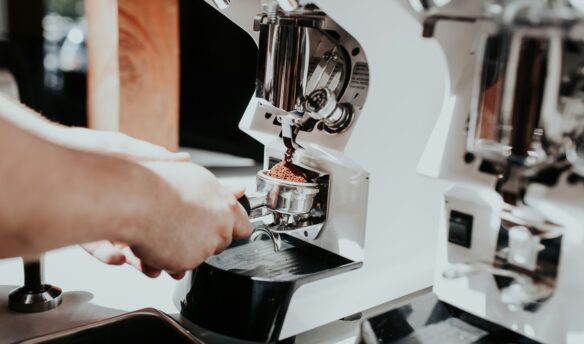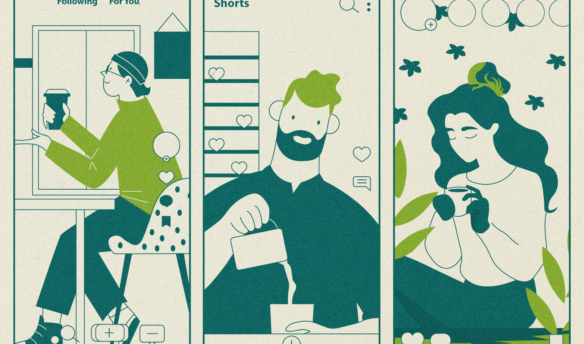[W]hen Jen Apodaca first tried to find a way into roasting, she found nothing but obstacles. This was back in 2004, and the desire to enter the trade had grabbed her only recently, squirming into her mind while she helped a Zapatista community in Chiapas, Mexico, build a radio station. (I know, it’s like every third roaster gets started in indigenous, left-wing, agrarian movements.) In Portland, she faced the reality of the capital costs of buying a roaster, but even more importantly the resistance of roasters at that time to help a newcomer.
“The idea that someone could steal your recipe and then run with it and steal all your business is comical now, but then people were really fearful of something like that happening,” she says. “There’s a lot more roasting jobs available now. There weren’t places where you could share roasters. There are so many more publications about roasting, where people even talk about it, where you can experiment and develop your own profile or develop your own style. That just didn’t exist before.”
She took a restaurant job with McMenamins, a restaurant chain with an in-house roasting program, and began learning about coffee by being a café customer. Soon, an apprentice roaster position opened and Apodaca landed it. A little over a year later, she was running the operation, learning not just how to roast but how to order coffee, manage inventory, and teach café managers how to clean their machines.
That experience, which lasted five years, didn’t allow her to roast hyper-crazy coffees, but it gave her a skill set that allowed her to climb the new rungs appearing in the specialty coffee roasting career ladder. Now she’s at Royal Coffee, the in-house roaster for an importer, a job rare and new. Where she spent five years roasting the same coffees over and over, she now sees twenty new coffees in a day.
“The only sad thing is I see it so briefly I don’t get to form a relationship with a coffee,” she says. “When you work for a production company, you get a coffee for a month or more. Here, I get like one day. That’s it. I get a couple roasts of this coffee and then it’s on to the next coffee. It’s like speed dating.”
This interview has been edited for clarity and space.
After your apprenticeship-turned-roastery-manager position, what was next?
I really wanted to learn more. The menu was just four consistent coffees that taste great in an Irish coffee. I wanted to know about all these special places and different origins and different characters you could find. So I was looking to learn more at a company that focused just on coffee. That’s when I saw the job at Intelligentsia/Ecco Caffe. I got to work on a different machine, a Diedrich, which was cool. I had to completely rethink how to roast coffee. It was like being handed a new puzzle. That’s where I learned more about roasting and coffee on a higher level. The fact that I was able to reach out to an entire team of roasters. Any time you roasted something and you ran into an obstacle, you could ask someone if they had a different idea or a different approach. Sometimes you’re successful, and you can share your success with them.
What did that do to your roasting ability?
It taught me there is more than one way to get the job done. It made me unafraid to try something new. It was very educational and really humbling. I really like working on teams, and any time someone is successful I count it as the entire team’s success.
Then you hopped over to Blue Bottle to be their West Coast production manager. That’s a very different job from roasting, and a type of job fairly unusual in specialty coffee. What made you a fit for it?
At McMenamins, it may have been a smaller operation, but I ran that entire department. It was a lot of responsibilities. A lot of times people don’t get those opportunities. They get to see a coffee, they get to learn how to roast it, but they don’t get to learn how to run a production facility. They don’t learn how to write a budget or a proposal. They miss out on that experience. Even just hiring, knowing how to hire, having the experience of hiring the wrong people. I had more chances to work out my kinks and make mistakes.
You’re in a job now, as the director of roasting for an importer, that is pretty rare. Royal has this new space they’re about to open, called the Crown, that’s going to have a public face, be a learning space, and plenty of other cool things, so what role will you have there?
I’m going to be teaching all of the classes that have to do with roasting, whether they are SCAA-accredited courses or original coursework that we design here. We’re also trying to create and publish our own materials. I wrote a short article about past-crop coffees and how to roast them. We all have to deal with it, and it’s a bad word, so let’s just talk about it. It went from a point where I didn’t know anything and I was so hungry for knowledge and there was nothing out there, where now my job has turned into publishing ideas and conversations about what roasters might be asking. What I hope is it adds another voice on their team. Hopefully making roasting a little less lonely.
—Cory Eldridge is Fresh Cup‘s editor.



